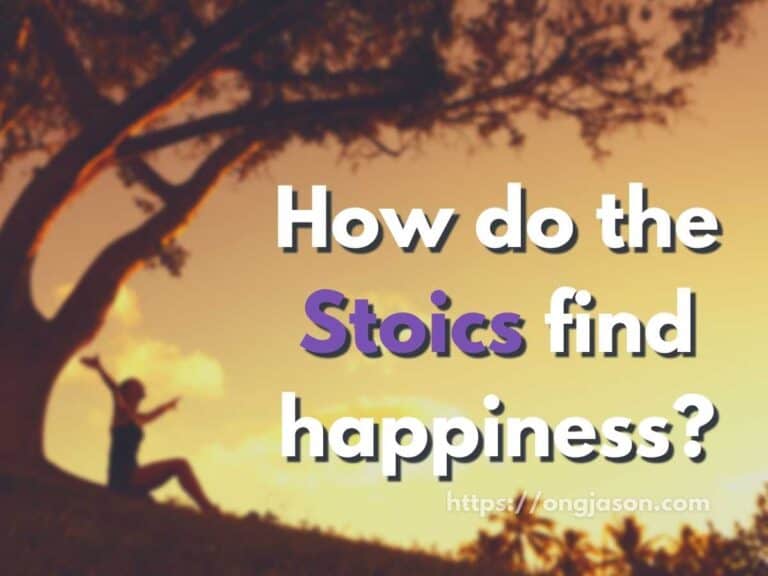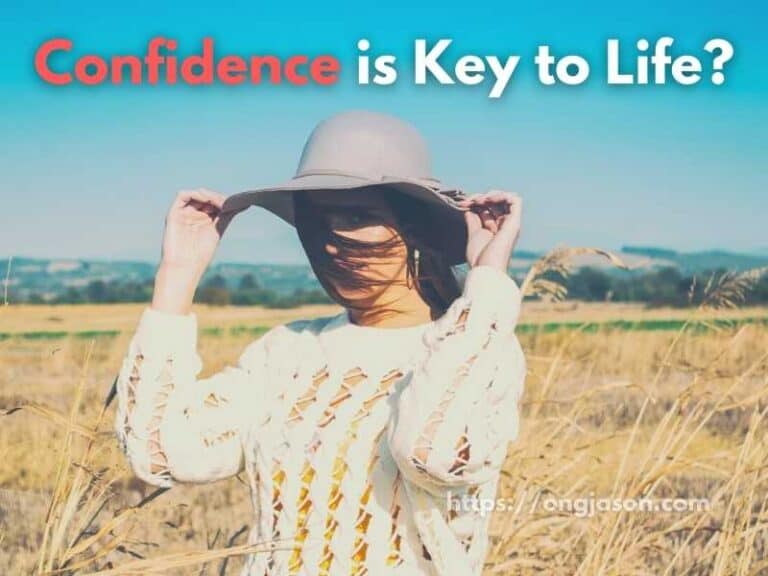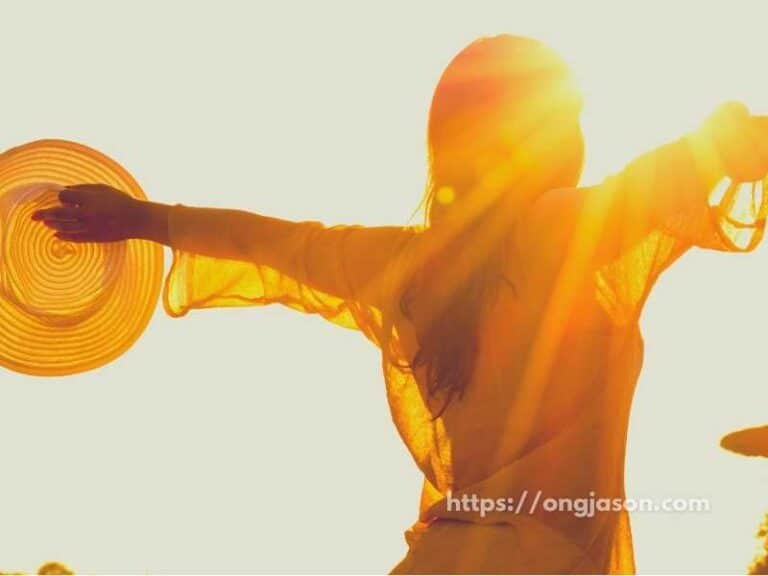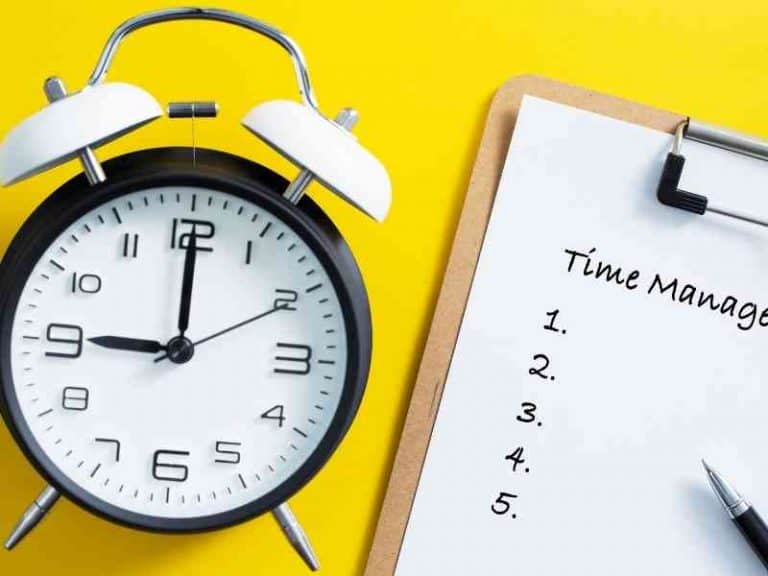Doubting Yourself: Is it Really Bad | Science Answers
At some point in our lives, we just have moments where we start doubting ourselves. This happens when we have something new to learn or challenges that we need to face. You will see many people telling us that doubting ourselves is bad and we shouldn’t even doubt ourselves even a little bit. But is doubting yourself bad? I studied both sides from a neutral perspective to give some insights on the topic.
Doubting yourself is bad once it removes your curiosity to do things. The reason is that self-doubt occurs when we lack confidence, resulting in feeling incapable of doing things. However, having a little self-doubt is normal and healthy as it prevents a person from overdoing things that will contain unwanted errors.
In this blog post, we will talk about self-doubt. We will discuss what makes it good and what makes it bad. We will also dive into some scientific research on both sides for us to see the bigger picture. After reading this blog post, you will have a broader understanding of the topic, with research papers backing you up.

Is it Bad to Doubt Yourself?
It is perfectly ok to doubt yourself because it is a survival skill that helps us handle life’s challenges. Thus, doubting ourselves is common, normal, and healthy since it helps us stay logical and pushes us in the right direction in times of need. However, too much doubt is bad because it prevents us from learning anything new.
One thing that a lot of people don’t tell is that doubting yourself can be good.
Doubting ourselves was really helpful in the old times where our ancestors were hunter-gatherers.

An example is when they are hunting. Without self-doubt, our ancestors will just hunt a saber tooth tiger without any preparations.
Because of doubt, they were able to survive those times.
Whenever we are challenged with things that seem to be hard for us, we begin to doubt ourselves. It is entirely normal, and a little bit of doubt is fine.
That’s why we often doubt ourselves. It has been with us for thousands of years and was helpful for our survival.
It can also help us know if we are ready to face challenges.
For example, when I was first learning how to write blog posts, I have doubts. When I made my first YouTube video, I had doubts.
In fact, my doubts are correct because it is a sign that I have no idea what I was doing.
However, how you respond to your doubts will decide whether it is good or bad for us.
For example, I know that I need to improve my website building, writing, and camera speaking skills because I have doubts.
I slowly improved my skills, and I wouldn’t be where I am today if I didn’t know where I needed to improve.
Knowing where you need improvement makes doubt something good for us. In fact, I found a research paper having the same thoughts.
A scientific journal from the Psychology of Sport and Exercise reported that some self-doubt might be beneficial in exerting optimal effort. This is especially true on new tasks.[1]
This means that people who doubt themselves can learn new things faster than people who overestimate themselves.
Think about it this way.
When you learn new things and have doubts about your abilities, you will do your best to know how to do it.
However, people who overestimate themselves will think of the new task as easy and wouldn’t bother learning.
The thing here is that people who doubt themselves will learn something in a beginner’s mindset. They know that they need to make some effort to learn.
This is the opposite of people who overestimate themselves, thinking they already know how to do it, so why would they bother learning from scratch.
In that sense, doubts can be helpful or beneficial.
This is much like how I started learning how to blog and make videos with a beginner’s mindset. If I took this lightly, I wouldn’t be at my level today.
I am still far from getting better, especially in video creation, but I am slowly getting there.
While I’ve started this blog post with self-doubts being good for us, we still can’t deny the fact that it can be bad.
In the next section, we will discuss what makes doubting yourself bad—furthermore, some more scientific journals debating the topic.
What happens when you doubt yourself?
When we doubt ourselves, we feel that we are incapable of doing things we need to do, which prevents us from learning anything new. It also prevents us from doing things that might change our lives for the better. Thus, self-doubt can affect a person’s life in a bad way.
The problem with doubts is that it prevents us from learning.
Self-doubt can cause a person to freeze at times. If this happens at the moment where their skills are needed, then it can cause some problems.
For example, if your doubts prevent you from reaching your goals, then it is a good idea to rethink.
While self-doubt helps you learn that you can’t do something right now, it can also tell you that you will never be able to do it.
Self-doubt will always be with us, but once we can prove that we can be better, it will slowly fade away.
Like how my doubts about writing will always stay there, but upon writing hundreds of blog posts, I know that I can finish making this blog post no matter what.
So, self-doubt can be bad for us. If it prevents you from learning something new, if it prevents you from just trying out new things that you know are good for you, and if it prevents you from living the life you want, then it can be bad.
What’s more, is self-doubt affects not just you but also your relationships.
A study from the Personality and Social Psychology Bulletin reported that individuals troubled by self-doubt underestimated the strength of their partners’ love. [2]
This is bad since it leads to unhealthy relationships. In a relationship, both parties need to have mutual trust.
If a person underestimates the efforts of another, it can lead to conflicts which are apparent in the study.
In the study, they also reported that people who have doubts have less satisfaction and less optimism for the future.
Another research study is from the Anxiety, Stress & Coping Journal, in which they reported that teachers that have a lot of self-doubts tend to feel more burned out and stressed.[3]
Having self-doubt doesn’t mean that you should always listen to it.
There are times where you just have to do it.
Doubts prevent us from even starting. If we want to create a new career, we will usually have doubts. If we begin to learn new skills, we will have doubts.
But doubts aren’t always correct.
Sometimes, you just have to do it regardless of your doubt. Think of your doubt as someone who will tell you if there is a challenge ahead.
Listening to our doubts can tell us if we need to improve ourselves to succeed.
So what I mean is this.
Doubt can be bad for us, especially if it prevents us from doing anything new. Furthermore, it can also stop us from living the life we want. However, if we use it to know our skill level and work upon it, it can be beneficial for us.
What’s next? I recommend you to reach my other blog post about building confidence. That way, you can start to respond better to doubts. I also made sure that it will be easy even for beginners to apply straight away. Here is the link: How to Build Confidence and Reduce Anxiety

“Only the things I love.“
ongjason.com is reader-supported. When you buy through links on the site, I earn an affiliate commission.
If you’re following me, you’ll know that I believe it is essential to have some tools, whether it’s for personal development or lifestyle in general.
So, here are the things I love.
YouTube
If you want to learn things for free, I recommend watching my YouTube Channel. Click the Button Below to go straight into my Channel. 🙂
Okay, let me first explain my Channel.
I believe that I really can’t explain everything too well on my blog. That’s why I created a YouTube Channel so I can easily explain a lot of things. Plus, I believe that Video Sharing is the future.
Recommended Books
The next thing is books. Books are, for me, one of the cheapest ways to get invaluable information. We can learn personal development, finance, career, relationships, and many more from books.
Here, I will be listing my favorite books in different categories.
- For Beginners – 7 Habits of Highly Effective People by Stephen Covey – Personal development has a lot of concepts and ideas to learn. Thus it can be really hard for beginners to know where to start. Thus, I recommend this book since all the basic concepts of personal development are here(except finance, check what I recommended for that)
- Productivity – The One Thing by Gary Keller – This book teaches us the power of focusing on one thing which is the ultimate source of productivity. The concepts taught are what I am using to constantly publish YouTube videos while maintaining this website.
- Busy? – Make Time by Jack Knapp – This book teaches us how to make time for the things we love. The concept is really simple but I think that makes it a book worth reading.
- Health – Lifespan by Dr.Sinclair – This Book teaches about the latest scientific research on lifespan. In his book, he has shared numerous things he is doing to slow down his aging process. This can be as easy as eating less which he recommends.
- Finance – The Richest Man in Babylon by George Clason – Perhaps one of the first books I’ve read about Finance, this book for me is the best if we are talking about learning basic finance such as basic saving and investing. The concepts are very simple but effective.
Audiobooks
Take this advice as a grain of salt.
I don’t recommend buying Audiobooks one by one. I mean, audiobooks can be quickly finished by listening while working out or doing some mindless tasks.
So here is to save you some money. Just go for a monthly subscription to Audible. I believe that you will save a lot of money with that plus, they usually give freebies to anyone starting.
My Audiobook Recommendation will always be the same as my book recommendations, but I personally like The 5 Second Rule by Mel Robbins. I like how she is so casual while reading her book.
Sources:
- Ede, Alison, et al. “Self-Doubt: Uncertainty as a Motivating Factor on Effort in an Exercise Endurance Task.” Psychology of Sport and Exercise, vol. 28, 2017, pp. 31–36. Crossref, doi:10.1016/j.psychsport.2016.10.002.
- Murray, Sandra L., et al. “The Mismeasure of Love: How Self-Doubt Contaminates Relationship Beliefs.” Personality and Social Psychology Bulletin, vol. 27, no. 4, 2001, pp. 423–36. Crossref, doi:10.1177/0146167201274004.
- Burke, Ronald J., et al. “Predicting Teacher Burnout over Time: Effects of Work Stress, Social Support, and Self-Doubts on Burnout and Its Consequences.” Anxiety, Stress & Coping, vol. 9, no. 3, 1996, pp. 261–75. Crossref, doi:10.1080/10615809608249406.






